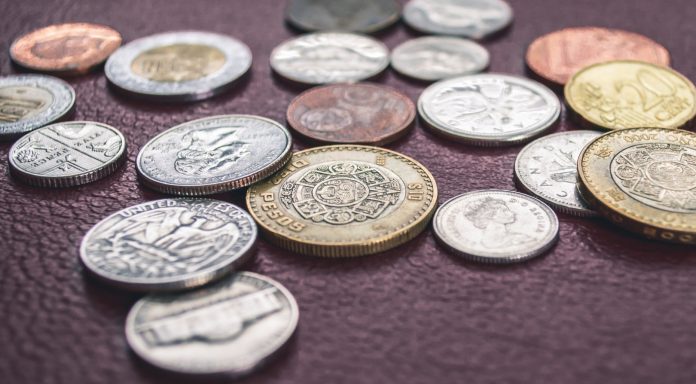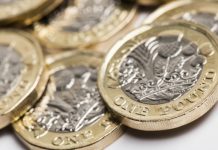The British pound is lower against the Australian dollar on Friday.
The Aussie gained early on after data that showed a large contraction in China’s economy came in as expected. China is a big customer for Australian exports.
The pound has lost some momentum this week thanks to renewed concerns that the UK will not ask for an extension to the Brexit transition period.
GBPAUD was down by 52 pips (-0.15%) to 2.0046 as of 4.30pm GMT.
The currency pair dropped in early trade but rebounded from 1.96 and found support. The exchange rate is little changed on the week, up just 0.23%.
British pound rolls over into the weekend
Hopes for a new drug that can treat the coronavirus and plans to reopen the US economy boosted sentiment in wider markets but currencies were lacking direction. The pound drifted lower as Brexit concerns re-emerged and profit taking kicked in after a two-week rally.
The main pull on the pound appears to be re-emerging Brexit fears. There has not been a big sell-off by any stretch but currency has taken a pause after a good run.
If there’s a drug that can help patients recover from the virus then economies can be re-opened quicker. The approach of lockdowns can potentially be changed to herd immunity whilst trying to support the elderly and those with underlying health conditions.
Australian dollar gains after China GDP data
China reported a big quarterly growth contraction in Q1 but it only narrowly missed expectations. Chinese shares lagged other Asian equities but were still able to make gains. China’s gross domestic product (GDP) fell by -6.8% year-over-year in Q1, down dramatically from the 6% growth in Q4.
The drop in activity over the quarter marks China’s first economic decline in four decades.
Currency markets reacted positively to the bad news, which could have been even worse. There is a hope that with authorities ending the lockdown and turning back on the economy, that the longer term growth of the economy will continue. The assumption is that it isn’t the first step to a recession in China.





